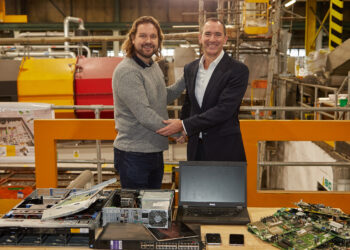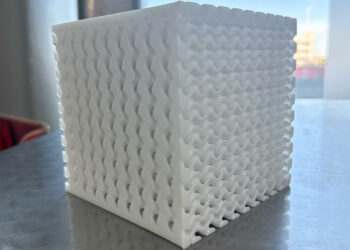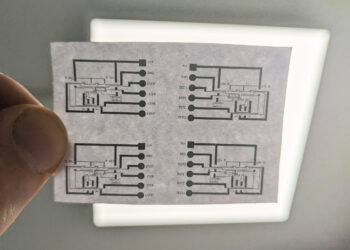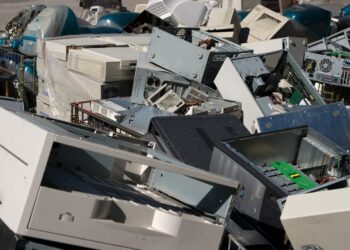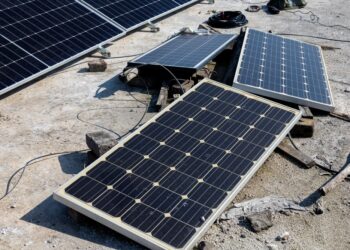E-Scrap News
Greenchip launches fund for community impact and trust
The Greenchip Legacy Foundation formalizing the company's community work while reinforcing its 2026 focus on domestic processing, compliance and transparency...
Royal Mint, Procurri partner for ITAD metals recovery
Reformation Metals partnered with Procurri to combine secure IT asset disposal with clean technology recycling that recovers up to 99%...
ICYMI: Top 5 e-scrap stories from January 2026
News on the scaling up of e-plastics to supply North American OEMs, vapes contributing to a record number of facility...
New Blancco workflow targets ITAD bottleneck
As resale dynamics evolve, Blancco has released a new reimaging tool that aims to improve laptop rebuild quality for ITAD...
Auditors warn EU may fall short on critical metals
A recent report showing Europe is unlikely to secure enough critical minerals by 2030 has implications for ITAD firms and...
UT Austin spinout Supra launches to recover rare earths
Supra Elemental Recovery launched today, aiming to recover gallium and scandium from US waste streams to help reduce import dependence...
Glasgow researchers develop compostable circuit boards
University of Glasgow researchers made zinc circuit boards that biodegrade in compost, targeting disposable electronics like pregnancy tests and sensors.
Cirba Solutions: Battery fires stoking EPR bill movement
As batteries appear in everything from light-up shoes to electric vehicles, new EPR laws are reshaping recycling requirements.
US-EU trade rift adds risk now for ITAD and e-scrap trade
Trade tensions between the US and EU are reshaping ITAD and e-scrap markets, lifting demand for refurbished hardware while increasing...
Solarcycle starts up Georgia recycling plant
Solarcycle has begun operating its Cedartown solar panel recycling facility, clarifying the status of a long-planned project that was previously...
More Posts
Work With Us
Newsletter
Get the latest recycling news and analysis delivered to your inbox every week. Stay ahead on industry trends, policy updates, and insights from programs, processors, and innovators.
















